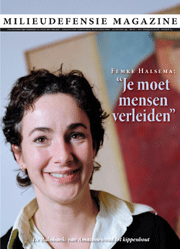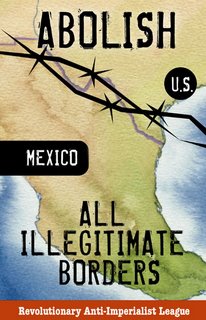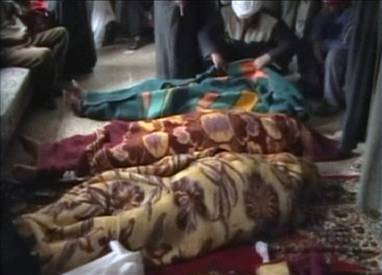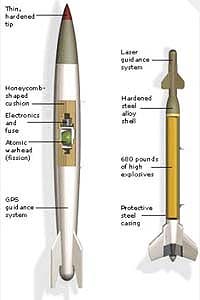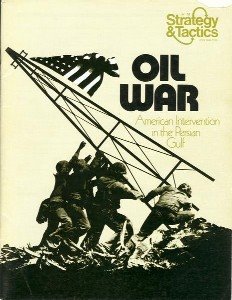 Edward S. Herman's beroemde essay over: 'The Banality of Evil. From the book Triumph of the Market. The concept of the banality of evil came into prominence following the publication of Hannah Arendt's 1963 book Eichmann in Jerusalem: A Report on the Banality of Evil, which was based on the trial of Adolph Eichmann in Jerusalem. Arendt's thesis was that people who carry out unspeakable crimes, like Eichmann, a top administrator in the machinery of the Nazi death camps, may not be crazy fanatics at all, but rather ordinary individuals who simply accept the premises of their state and participate in any ongoing enterprise with the energy of good bureaucrats.Normalizing the UnthinkableDoing terrible things in an organized and systematic way rests on "normalization." This is the process whereby ugly, degrading, murderous, and unspeakable acts become routine and are accepted as "the way things are done." There is usually a division of labor in doing and rationalizing the unthinkable, with the direct brutalizing and killing done by one set of individuals; others keeping the machinery of death (sanitation, food supply) in order; still others producing the implements of killing, or working on improving technology (a better crematory gas, a longer burning and more adhesive napalm, bomb fragments that penetrate flesh in hard-to-trace patterns). It is the function of defense intellectuals and other experts, and the mainstream media, to normalize the unthinkable for the general public. The late Herman Kahn spent a lifetime making nuclear war palatable (On Thermonuclear War, Thinking About the Unthinkable), and this strangelovian phoney got very good press. ~In an excellent article entitled "Normalizing the unthinkable," in the Bulletin of Atomic Scientists of March 1984, Lisa Peattie described how in the Nazi death camps work was "normalized" for the long-term prisoners as well as regular personnel: "[P]rison plumbers laid the water pipe in the crematorium and prison electricians wired the fences. The camp managers maintained standards and orderly process. The cobblestones which paved the crematorium yard at Auschwitz had to be perfectly scrubbed." Peattie focused on the parallel between routinization in the death camps and the preparations for nuclear war, where the "unthinkable" is organized and prepared for in a division of labor participated in by people at many levels. Distance from execution helps render responsibility hazy. "Adolph Eichmann was a thoroughly responsible person, according to his understanding of responsibility. For him, it was clear that the heads of state set policy. His role was to implement, and fortunately, he felt, it was never part of his job actually to have to kill anyone."Peattie noted that the head of MlT's main military research lab in the 1960s argued that "their concern was development, not use, of technology." Just as in the death camps, in weapons labs and production facilities, resources are allocated on the basis of effective participation in the larger system, workers derive support from interactions with others in the mutual effort, and complicity is obscured by the routineness of the work, interdependence, and distance from the results.Peattie also pointed out how, given the unparalleled disaster that would follow nuclear war, "resort is made to rendering the system playfully, via models and games." There is also a vocabulary developed to help render the unthinkable palatable: "incidents," "vulnerability indexes," "weapons impacts," and "resource availability." She doesn't mention it, but our old friend "collateral damage," used in the 1991 Persian Gulf War, came out of the nukespeak tradition.' Lees verder:
Edward S. Herman's beroemde essay over: 'The Banality of Evil. From the book Triumph of the Market. The concept of the banality of evil came into prominence following the publication of Hannah Arendt's 1963 book Eichmann in Jerusalem: A Report on the Banality of Evil, which was based on the trial of Adolph Eichmann in Jerusalem. Arendt's thesis was that people who carry out unspeakable crimes, like Eichmann, a top administrator in the machinery of the Nazi death camps, may not be crazy fanatics at all, but rather ordinary individuals who simply accept the premises of their state and participate in any ongoing enterprise with the energy of good bureaucrats.Normalizing the UnthinkableDoing terrible things in an organized and systematic way rests on "normalization." This is the process whereby ugly, degrading, murderous, and unspeakable acts become routine and are accepted as "the way things are done." There is usually a division of labor in doing and rationalizing the unthinkable, with the direct brutalizing and killing done by one set of individuals; others keeping the machinery of death (sanitation, food supply) in order; still others producing the implements of killing, or working on improving technology (a better crematory gas, a longer burning and more adhesive napalm, bomb fragments that penetrate flesh in hard-to-trace patterns). It is the function of defense intellectuals and other experts, and the mainstream media, to normalize the unthinkable for the general public. The late Herman Kahn spent a lifetime making nuclear war palatable (On Thermonuclear War, Thinking About the Unthinkable), and this strangelovian phoney got very good press. ~In an excellent article entitled "Normalizing the unthinkable," in the Bulletin of Atomic Scientists of March 1984, Lisa Peattie described how in the Nazi death camps work was "normalized" for the long-term prisoners as well as regular personnel: "[P]rison plumbers laid the water pipe in the crematorium and prison electricians wired the fences. The camp managers maintained standards and orderly process. The cobblestones which paved the crematorium yard at Auschwitz had to be perfectly scrubbed." Peattie focused on the parallel between routinization in the death camps and the preparations for nuclear war, where the "unthinkable" is organized and prepared for in a division of labor participated in by people at many levels. Distance from execution helps render responsibility hazy. "Adolph Eichmann was a thoroughly responsible person, according to his understanding of responsibility. For him, it was clear that the heads of state set policy. His role was to implement, and fortunately, he felt, it was never part of his job actually to have to kill anyone."Peattie noted that the head of MlT's main military research lab in the 1960s argued that "their concern was development, not use, of technology." Just as in the death camps, in weapons labs and production facilities, resources are allocated on the basis of effective participation in the larger system, workers derive support from interactions with others in the mutual effort, and complicity is obscured by the routineness of the work, interdependence, and distance from the results.Peattie also pointed out how, given the unparalleled disaster that would follow nuclear war, "resort is made to rendering the system playfully, via models and games." There is also a vocabulary developed to help render the unthinkable palatable: "incidents," "vulnerability indexes," "weapons impacts," and "resource availability." She doesn't mention it, but our old friend "collateral damage," used in the 1991 Persian Gulf War, came out of the nukespeak tradition.' Lees verder:http://www.informationclearinghouse.info/article7278.htm







